¡Hablamos Español!
Rideshare services have become more common in recent years, and so have accidents involving these vehicles. The legal complexities surrounding these accidents can make it very confusing to know what to do after being injured.
If you’ve been hurt in a rideshare accident in Orem, Utah, you probably feel overwhelmed by the situation. At Flickinger Boulton Robson Weeks, our Orem rideshare accident attorneys understand the challenges you are facing, and we’re here to help guide you through the legal process.
Whether you’re the passenger, driver, or another party involved in the accident, our team is dedicated to getting you the compensation you deserve.
Orem is a dynamic city in Utah County with major businesses, retail centers, and a population that appreciates easy transportation options. Rideshare services such as Uber and Lyft have become a normal part of daily life.
People use them to reach work, attend college classes, or enjoy evenings out without worrying about parking. These services also help those without personal vehicles maintain independence.
In Orem, you can request a ride within minutes using a smartphone app. Your driver, who is usually an independent contractor, picks you up in their personal car and drops you off at your desired location.
While this convenience is welcome, it brings its own set of challenges. Rideshare drivers often struggle to keep up with tight schedules, multiple ride requests, and traffic conditions.
When an accident happens, passengers and other people involved might not know where to turn. Rideshare accidents involve several layers: the driver’s personal auto policy, the rideshare company’s insurance, and possible coverage from other at-fault drivers.
Rideshare accidents in Orem are often caused by driver distraction, fatigue, and traffic violations.
One of the top reasons rideshare accidents occur is driver distraction. A driver could be fiddling with the rideshare app to confirm a pickup or reading the GPS for directions. Even a quick glance away from the road can result in a crash.
Additionally, phone notifications, messages, and even conversations with passengers might further pull the driver’s attention off driving.
As rideshare drivers depend on technology to accept rides, find passengers, and navigate routes, the temptation to look at the screen is constant. A brief glance at the screen can lead to an accident.
Rideshare drivers often work multiple jobs or long hours to maximize income. Fatigue can set in, making reaction times slower and decision-making less sharp. If a driver tries to keep going while drowsy, the danger for collisions grows.
Drowsy driving is just as risky as drunk driving in certain respects, because a momentary nod-off can lead to a total loss of control. Orem’s streets, especially during late nights or early mornings, can be hazardous if a driver fails to stay alert.
Speeding, running red lights, and failing to yield are classic traffic violations that contribute to rideshare accidents. Drivers who race to complete more rides might speed or ignore signals, placing their passengers and others at risk.
If they do not follow basic rules like stopping at stop signs or yielding to pedestrians, crashes happen more easily. Busy intersections in Orem, such as those near shopping centers or close to major roads, see higher accident rates when drivers are in a hurry.
Some rideshare drivers operate in areas they are not entirely familiar with. They may rely heavily on navigation apps, leaving them prone to sudden lane changes or abrupt stops.
Orem has certain road layouts, side streets, and traffic patterns that can confuse someone new. If a driver hesitates or panics because they miss a turn, an accident can occur, harming both passengers and others on the road.
Rideshare vehicles must meet certain standards, but that does not guarantee regular maintenance. Drivers might postpone fixing mechanical issues like worn brakes or tires to save money, jeopardizing safety.
If a vehicle’s brakes fail at a critical moment, the driver may lose the ability to stop in time. Similarly, improper tire inflation or other mechanical lapses can trigger accidents on Orem’s highways and local streets.
Finally, Utah’s weather can shift quickly, especially in winter when roads become icy. Rideshare drivers not accustomed to driving in snow or rain might slip or skid.
If the driver is running late, they may not adjust their speed or keep adequate distance, leading to rear-end or multi-car collisions. Also, road construction or uneven pavement in certain parts of Orem can compound the risk if the driver is unprepared or lacking caution.
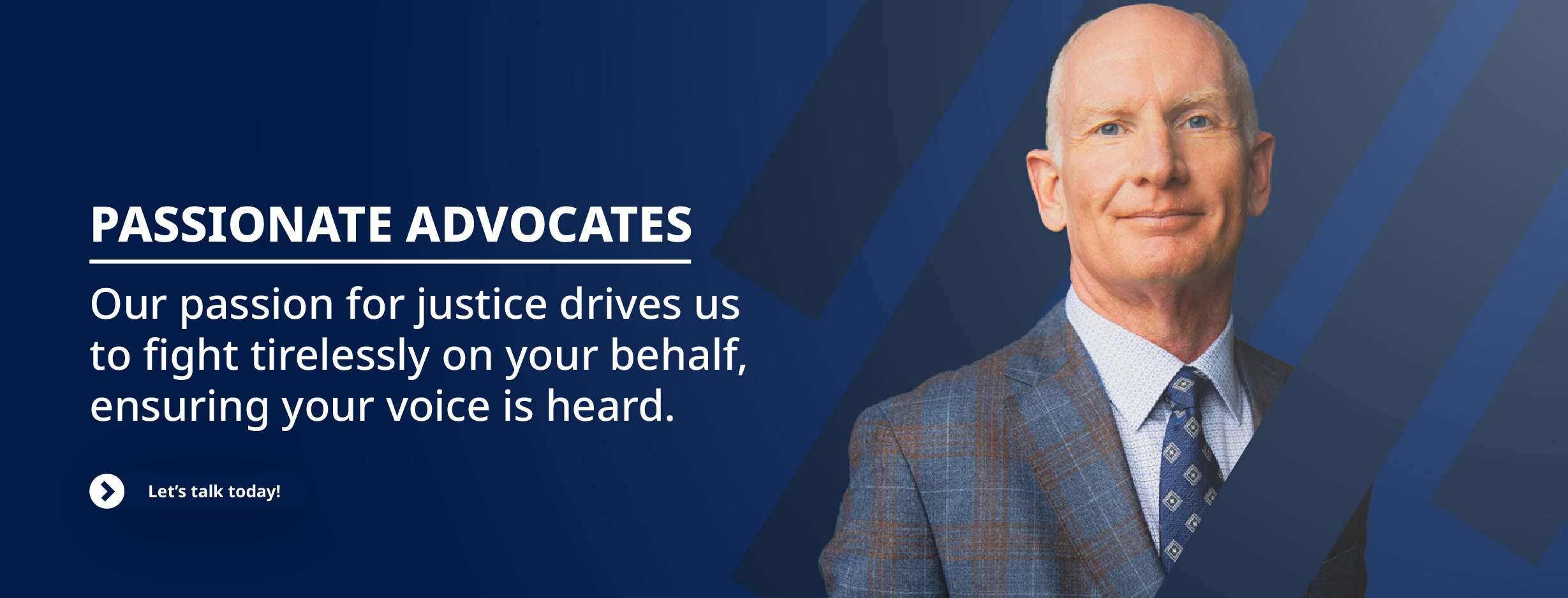
Rideshare companies like Uber and Lyft aim to simplify local transportation, but they hold legal duties to keep riders, drivers, and the public safe.
While these corporations often classify drivers as independent contractors rather than full-time employees, they still must meet certain obligations in Utah. Understanding what is expected of these companies can help you see how they might be liable if something goes wrong. Your Orem rideshare accident attoney will make sure to apply all relevant laws to your case to help you get maximum compensation for your injuries.
One major responsibility involves vetting their drivers. Rideshare companies typically require background checks to screen for violent crimes or reckless driving records. They also look at driving history to ensure applicants have a valid license with minimal infractions.
By filtering out unsafe or unqualified drivers, they try to reduce the risk of accidents. If a company fails to do a proper background check, and the driver they hired commits a crash, the rideshare company may share liability for not preventing a predictable hazard.
Additionally, rideshare platforms require their drivers to maintain vehicles that meet specific standards, including age limits or inspection requirements. While these guidelines help weed out unsafe cars, not all vehicles are inspected routinely by the company itself.
Instead, they might rely on drivers to show inspection forms or abide by local laws. If a driver uses a poorly maintained car and an accident results from mechanical failure, the rideshare company might be held partially responsible for not enforcing the rules.
Utah law and rideshare company policies typically demand a specific level of insurance coverage. For example, when a driver is waiting for a ride request, the coverage differs from when they have a passenger in the car.
Once a ride is in progress, the company’s insurance policies generally provide higher liability limits, often up to $1 million for bodily injury or property damage. This coverage aims to protect riders and any other party harmed in an accident.
However, gaps can occur if the driver’s personal policy tries to deny coverage, leading to disputes over whose policy is primary. Rideshare companies are obligated to maintain at least the insurance mandated by Utah law.
Although drivers are often treated as independent contractors, rideshare companies can encourage or require them to follow certain safety guidelines. Some may offer optional training modules or track driver ratings for consistent performance.
The app might also monitor driving behaviors, like speeding or abrupt stops, by using location data. If the company detects risky driving but does not address it, they might be considered negligent in maintaining a safe environment.
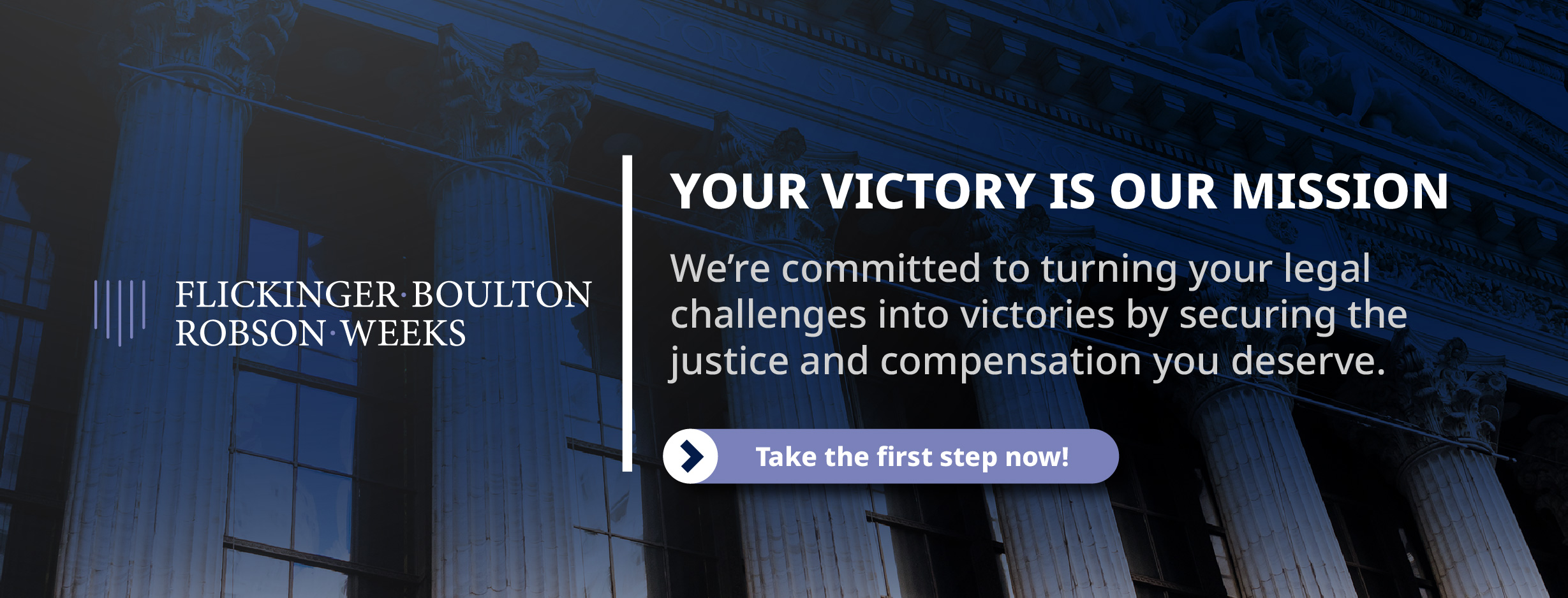
When a rideshare accident happens, figuring out who is at fault can be more complicated than in regular car crashes. This is because multiple parties can be involved, from the driver and passenger to the rideshare company and possibly other drivers on the road. Understanding the roles of each party helps you see how liability is assigned.
Often, the first place to check is the rideshare driver’s behavior. Were they distracted by their phone or the navigation app? Were they tired after driving many hours for the rideshare platform?
If they ran a red light or made an unsafe turn, they might be primarily responsible. If driver error caused the collision, the driver’s personal auto insurance, or the rideshare company’s policy (depending on the driver’s status at the time), might be used to pay for damages.
Sometimes another motorist is the real cause. For example, maybe a rideshare driver was being careful, but another speeding car T-boned them at an intersection.
In that case, the at-fault driver’s insurance might handle the claims. There might also be multiple collisions or chain reactions, spreading fault among several vehicles.
Uber and Lyft maintain insurance coverage that may apply when their driver is engaged in a ride or on the way to pick up a passenger. If the driver was logged into the app and en route to a fare, the company’s insurance might step in.
However, if the driver was offline, only the driver’s personal insurance usually applies. Determining when the driver was “on the clock” can be central to deciding whether or not the rideshare company has liability.
Utah’s comparative negligence law says if you partially caused the crash, your compensation can be reduced by your share of fault, as long as you are under 50 percent responsible.
For instance, if you were a rideshare passenger who was distracting the driver, you could bear a small portion of fault. Or if you were driving your own car and collided with a rideshare driver, the court might split liability between both drivers, affecting how much money you can receive.
Rideshare firms typically define their drivers as independent contractors, not employees. This distinction can limit the firm’s liability for the driver’s actions.
However, if attorneys can show the company exercises enough control over the driver’s operations, or if the company was negligent in screening or supervision, the rideshare company might share liability.
To win a claim, you generally need to show that someone violated a duty of care, causing the accident and your injuries.
Evidence might include driver logs from the rideshare app, phone records to check if the driver was texting, or statements from witnesses. Photos, police reports, and possibly an accident reconstruction expert can help paint a clear picture of why the crash happened.
So, liability in rideshare accidents relies on a blend of driver behavior, insurance coverage rules, and whether the rideshare company took appropriate steps to ensure safety. A thorough investigation by a rideshare accident attorney in Orem is essential to place responsibility correctly and enable injured parties to seek fair compensation.
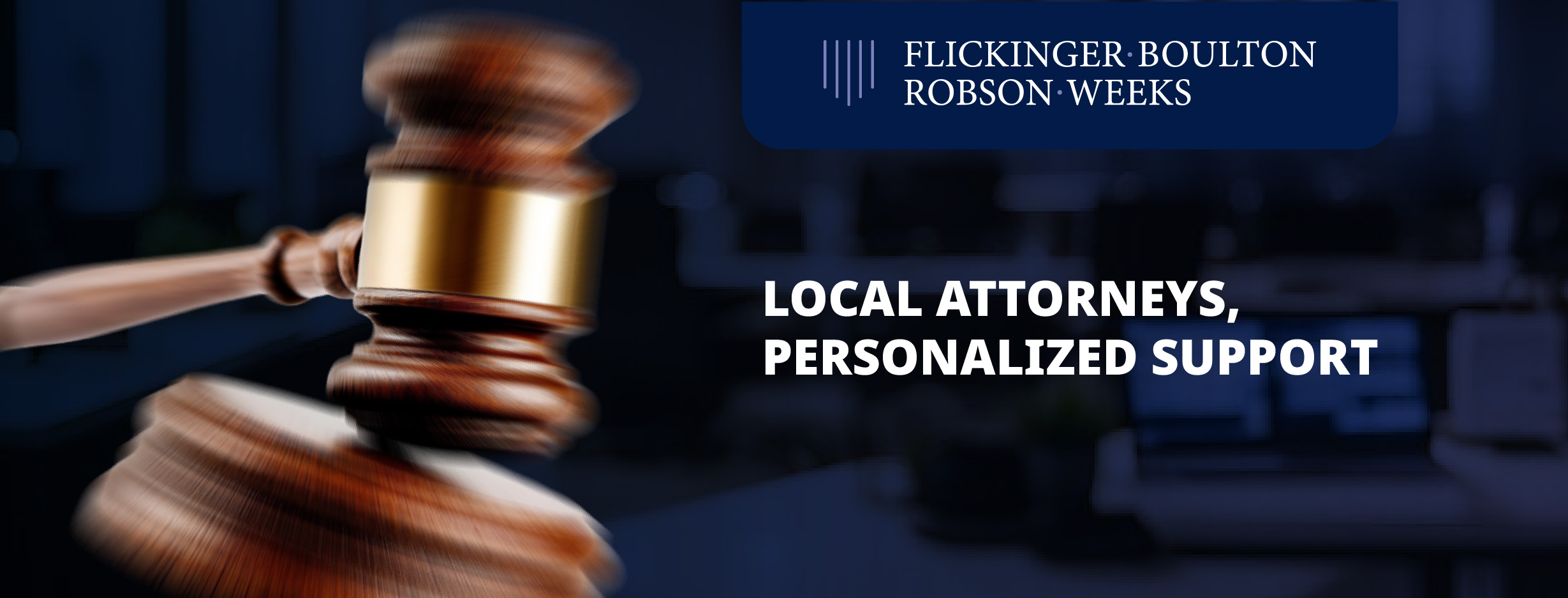
An accident involving a rideshare vehicle can leave you feeling disoriented, particularly if you are a passenger or if the collision happened out of nowhere. Knowing what to do immediately afterward helps protect both your physical well-being and your potential legal rights.
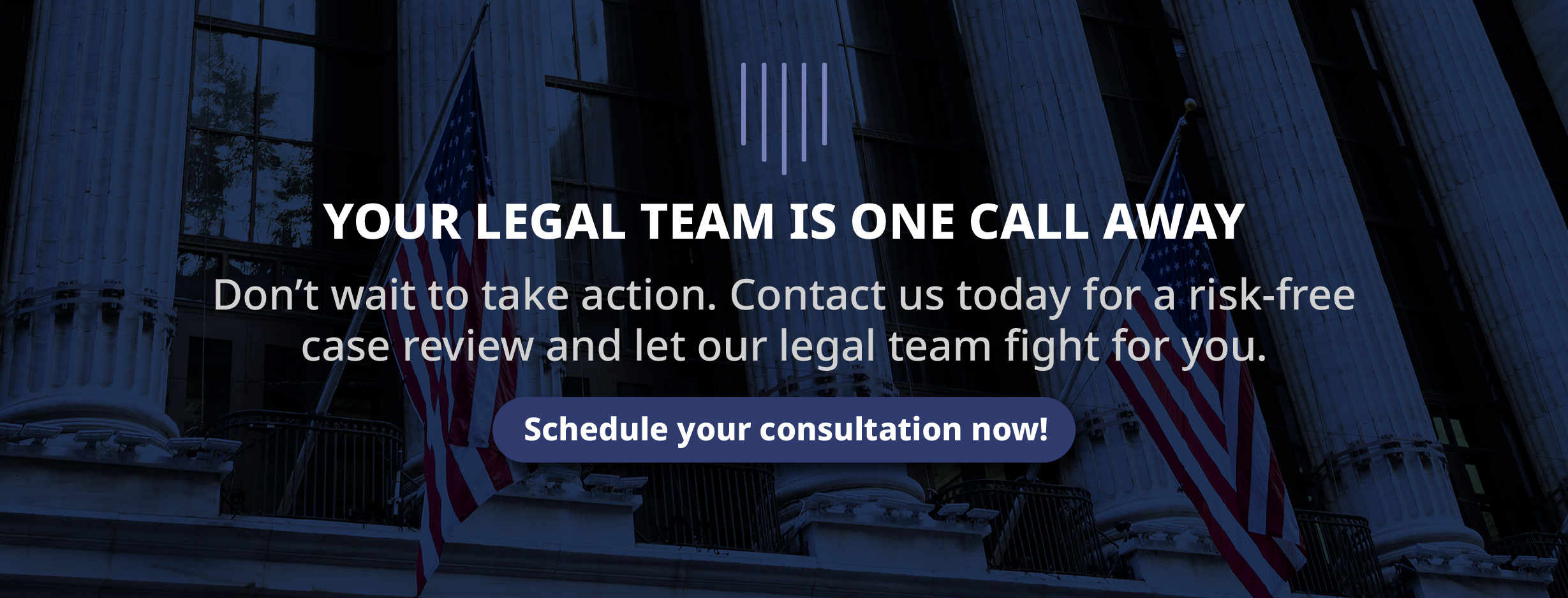
When you are hurt in a rideshare accident, your main focus is often on healing. However, the financial strain of medical care, lost wages, and other expenses can become overwhelming. In Utah, if someone else’s negligence caused your injuries, you may be entitled to compensation. Below are common forms of damages you can pursue:
This covers immediate and future medical costs, such as emergency room visits, surgeries, medications, and rehabilitation. Some injuries, like fractures or spinal cord damage, can require long-term treatment or physical therapy. If your injuries demand ongoing care, be sure to account for those future expenses in any settlement or court award.
A serious crash might keep you away from work for weeks, months, or permanently, depending on the severity of your injuries. You can claim compensation for the income you lose during recovery.
If you cannot return to your old job or must accept a lower-paying role, you may also seek damages for reduced earning capacity. Professionals might be brought in to estimate how your injuries will affect your long-term career and income.
If your personal property was damaged in the crash, you may request reimbursement. Typically, for rideshare passengers, property damage might include a laptop, phone, or other belongings that broke during the collision.
Drivers in another vehicle can seek compensation for car repairs or replacement costs if the car is totaled.
These damages acknowledge the physical pain, emotional distress, and general loss of enjoyment you endure. While not always straightforward to calculate, pain and suffering can significantly impact your quality of life.
Factors like the intensity of your injury, how long it takes to recover, and whether you face permanent limitations all play a role in determining the amount.
Traumatic accidents sometimes lead to issues like anxiety, depression, or post-traumatic stress. The law often allows victims to claim compensation for these psychological harms, particularly if diagnosed by mental health professionals. Emotional struggles can be as debilitating as physical injuries, influencing every aspect of your life.
In some circumstances, your spouse or family may claim damages for the loss of companionship or support. This reflects how a serious injury or disability might affect family relationships. Typically seen in severe cases, it compensates for changes in marital or parental roles.
While rare, punitive damages may apply if the at-fault party acted extremely recklessly or intentionally caused harm. For example, if a rideshare driver was driving under the influence, the court might decide to punish that behavior with additional financial penalties.
Securing these damages depends on demonstrating that someone’s negligence caused your accident. Collecting medical records, witness statements, and expert opinions can fortify your claim.
An attorney can ensure that you do not accept a settlement that neglects future costs or fails to address pain and suffering. Receiving comprehensive compensation lets you focus on recovery without the added stress of overwhelming financial burdens.
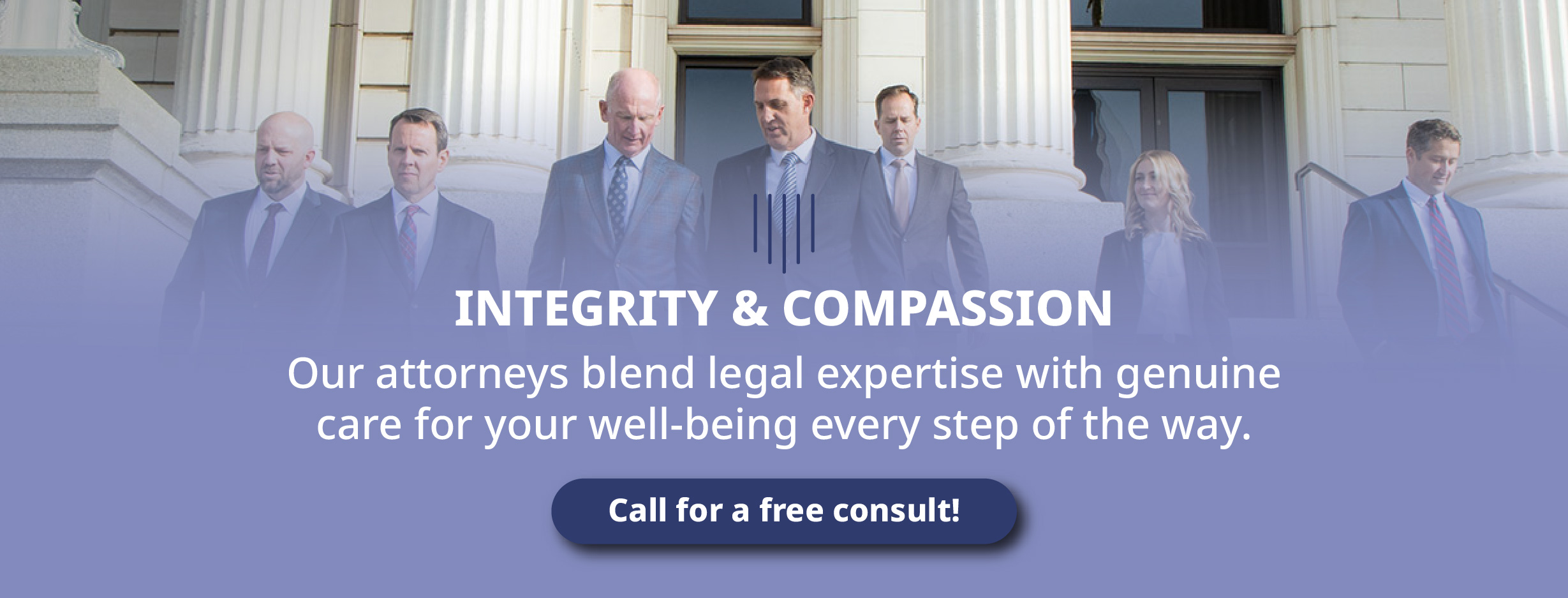
Handling insurance claims in a rideshare accident can be more complex than a typical collision, because multiple policies might come into play. Understanding how these insurers work and what coverage applies at each stage of the driver’s engagement with the rideshare app helps reduce confusion.
Rideshare companies usually structure their insurance coverage based on the driver’s status:
If you are a passenger, you might be unsure whether to file a claim with the driver’s personal insurance or the rideshare company’s policy. In many cases, if the accident happened during a ride, the company’s commercial policy is triggered.
However, the driver’s insurer might argue the driver used the vehicle for commercial purposes, which is not covered by standard personal policies. This can lead to disputes over which policy must pay.
Insurance adjusters work to protect their employer’s bottom line. That can mean offering a quick, low settlement or using your words against you to limit liability.
It is important to be cautious about giving statements. Even innocent remarks might be twisted to suggest you share fault. By consulting a lawyer early, you can learn how best to address adjusters’ questions and avoid compromising your case.
In some scenarios, the rideshare company’s insurer might try to deny your claim, arguing that the driver was off-duty or that your injuries are not as severe as you claim.
They could also stall the process with requests for more documentation, hoping you will settle for less. Having thorough medical records, accident reports, and, if possible, witness statements can help counter such tactics.
Given the complexity of these claims, seeking an attorney is often the best approach. A skilled rideshare accident lawyer can sort out which policy applies, how coverage limits overlap, and how to negotiate effectively.
If insurers refuse a fair settlement, your attorney can file a lawsuit, presenting evidence that clearly shows when the driver was “on the clock” and how you were harmed.
In short, dealing with rideshare companies and their insurers involves untangling multiple layers of coverage and ensuring that your losses are properly accounted for. By understanding the coverage periods, being cautious with statements, and enlisting legal help, you can push for the compensation you deserve.
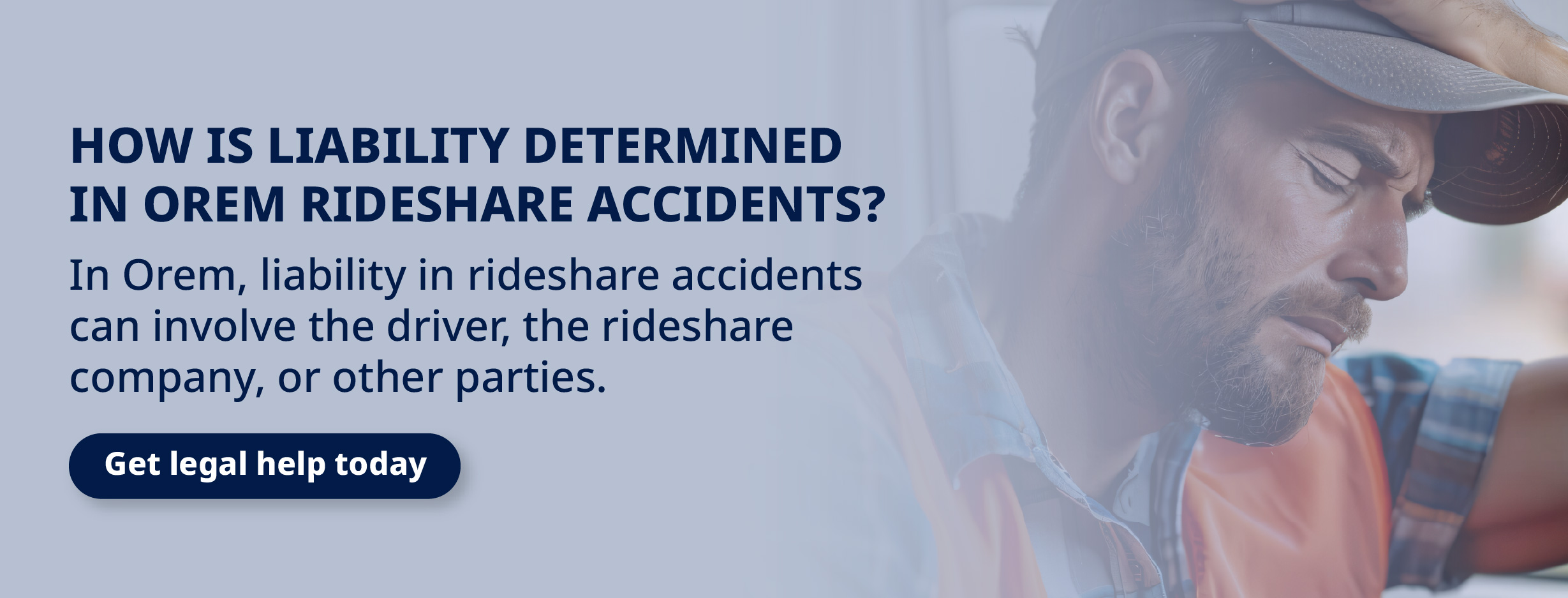
At Flickinger Boulton Robson Weeks, we have seen firsthand how devastating a rideshare accident can be for people in Orem and throughout Utah. You might be a passenger, another driver, or even a pedestrian caught in the path of a negligent rideshare operator.
Regardless of your situation, we believe you should not have to carry the financial burden if the crash was not your fault. Below is a closer look at how we support clients pursuing rideshare accident claims.
We start with an in-depth conversation about your accident. We want to learn about your injuries, the circumstances leading up to the collision, and any interactions you have already had with insurance companies.
Rideshare collisions can be complex, given the multiple insurance policies that might apply. We investigate the crash thoroughly, gathering police reports, reviewing the rideshare driver’s status at the time (Were they logged in with a passenger, or waiting for a request?), and speaking to witnesses.
If surveillance footage is available from nearby businesses or traffic cameras, we try to obtain copies. This helps us show how the accident unfolded and who holds responsibility.
We might also consult accident reconstruction experts if necessary.
Their technical analysis of skid marks, vehicle damage, and other factors can paint a clear picture of how the crash occurred. Additionally, we look for any evidence that the driver was distracted by their phone, if that contributed to the event.
Your physical recovery is paramount. We encourage clients to follow up with medical professionals, keep all bills and reports, and adhere to treatment plans. In serious cases, we work with doctors and specialists to understand the long-term implications of your injuries.
This can include potential surgeries, rehabilitation, or lifestyle adjustments you may need. By having a comprehensive picture of your medical needs, we can estimate future care costs and present that information when we pursue compensation.
Dealing with rideshare insurance policies can be difficult by yourself. Our Orem rideshare accident attorneys take over communications with insurance adjusters on your behalf. We present the necessary documentation like police reports, medical records, and expert evaluations and advocate for a fair settlement that accounts for both your economic and non-economic losses.
Adjusters may attempt to minimize your injuries, blame you partially for the crash, or offer a quick but inadequate payment. We push back against these tactics, ensuring you are not pressured into settling for less than what you truly deserve.
To capture the full scope of your losses, we look at more than just hospital bills. We consider lost wages, reduced future earning capacity if your injuries affect your career, and intangible damages like pain and suffering.
Our team also recognizes that living with injuries can strain personal relationships and daily routines, so we include factors like emotional distress or loss of enjoyment of life if appropriate. We want to pursue a settlement or verdict that addresses your total financial and emotional burden.
Many rideshare accident claims settle outside of court when confronted with strong evidence and persistent negotiation. However, we do not fear litigation if the insurer does not offer a fair amount.
Our firm’s history includes taking cases to trial and achieving notable results for our clients. While trials can be time-consuming, we prepare meticulously. We present evidence, question witnesses, and demonstrate to a judge or jury how negligence caused your injuries.
Our readiness for court can motivate insurers to propose more reasonable settlements, recognizing that we are prepared to fight on your behalf.
Throughout the legal process, we know you might be dealing with anxiety, physical pain, or financial stress. Our attorneys aim to make the experience as stress-free as possible by updating you regularly and answering your questions in simple language.
We understand how overwhelming a serious accident can be, especially in an unfamiliar situation like a rideshare crash. That’s why we keep flexible meeting options to accommodate your schedule, especially if you have trouble traveling due to injuries.
Our law firm has earned significant settlements for various personal injury cases, including auto and rideshare crashes. While we cannot promise a particular outcome, we always devote our resources and experience to maximizing your chance of a fair resolution. By dedicating personal attention to each client, we strive to stand out among personal injury firms in Utah.
If you have questions about how we can help, do not hesitate to reach out for a free consultation. Whether you are a rideshare passenger injured by a negligent driver or a motorist hit by an Uber or Lyft operator, we can help clarify your options and support you every step of the way.
Not automatically. Rideshare firms classify drivers as independent contractors, limiting direct liability. However, their insurance policies may apply if the driver was on the app or carrying a passenger.
If a different driver is at fault, you can typically file a claim against that driver’s auto insurance. The rideshare company’s policy might still be relevant if their driver shares some fault.
In Utah, the statute of limitations for personal injury cases is usually four years from the accident date. Acting quickly is wise, though, because evidence can disappear and memories fade.
Many do. Insurers often settle if evidence strongly indicates fault and damages. If negotiations fail, though, court action may be needed.
It is best to consult a lawyer before providing recorded statements. Insurance adjusters may use your words to reduce or deny your claim.
If you or a loved one has been hurt in a rideshare accident in Orem, you should not have to face insurance companies and complicated policies alone. Call Flickinger Boulton Robson Weeks at (801) 500-4000 to set up a free consultation with an Orem rideshare accident attorney.
During our meeting, we will listen to your story, explain your legal rights, and discuss the most effective strategy for pursuing damages. We recognize how an unexpected injury can disrupt your life physically, emotionally, and financially.
Our attorneys, including Daniel M. Woods and Bruce M. Franson, approach each case with compassion and a commitment to obtaining justice. Whether you need support in negotiating with insurers or taking your case to court, we are here to guide you step by step.
Let us focus on the legal issues while you concentrate on getting better. We have a proven track record in personal injury law and can use that experience to fight for the outcome you deserve. Reach out today to begin regaining control of your life after a rideshare accident.
Bicycle Accidents
Motorcycle Accidents
Boating Accidents
Recreational Vehicle Accidents
Bus and Mass Transit Accidents
Pedestrian Accidents
Automobile Accidents
ATV or UTV Rollovers
Commercial Vehicle Accidents
Semi Truck and Trailer Accidents